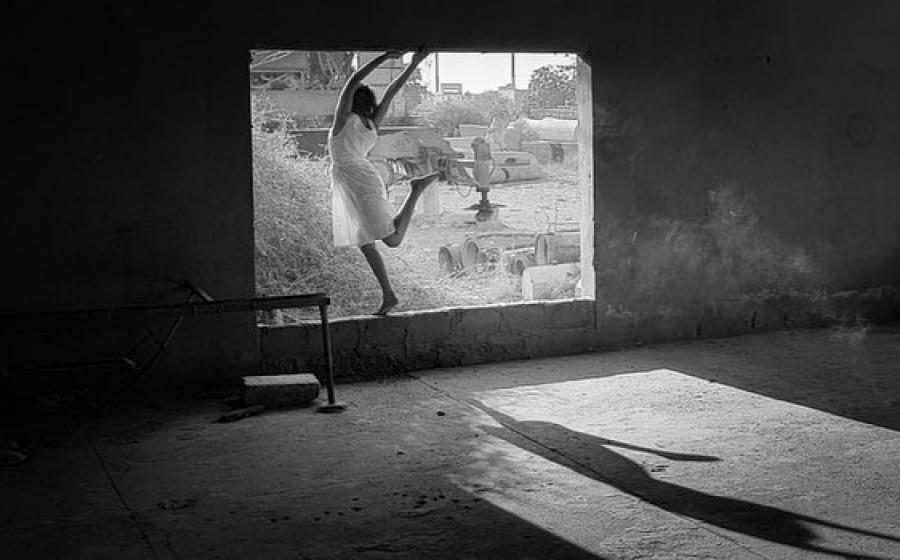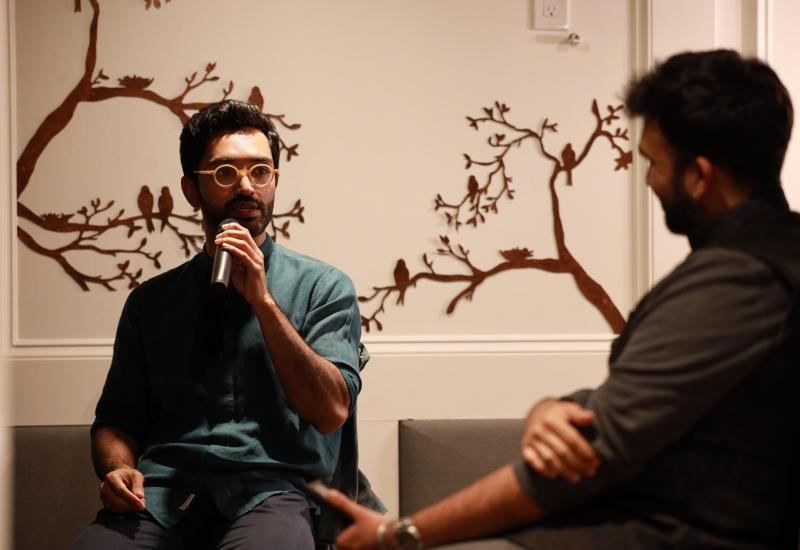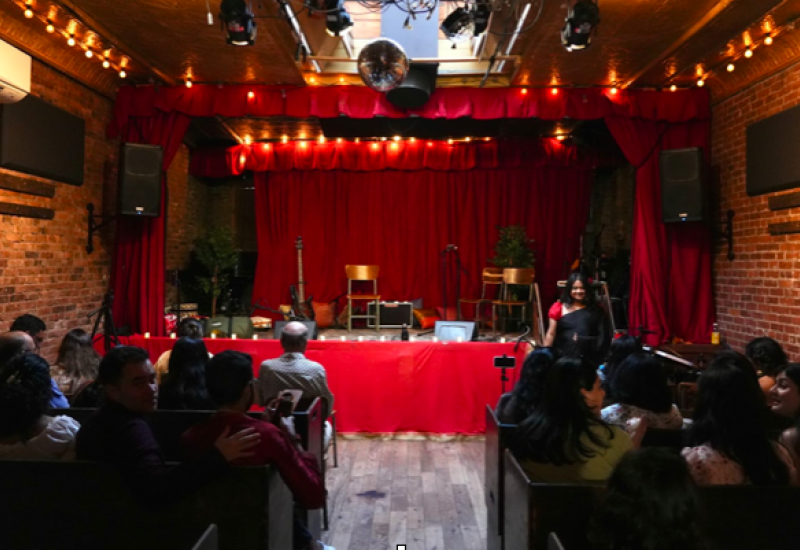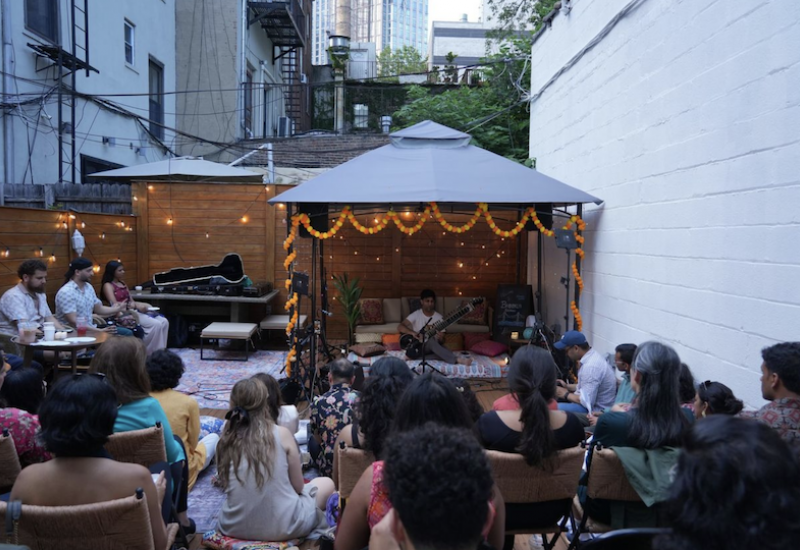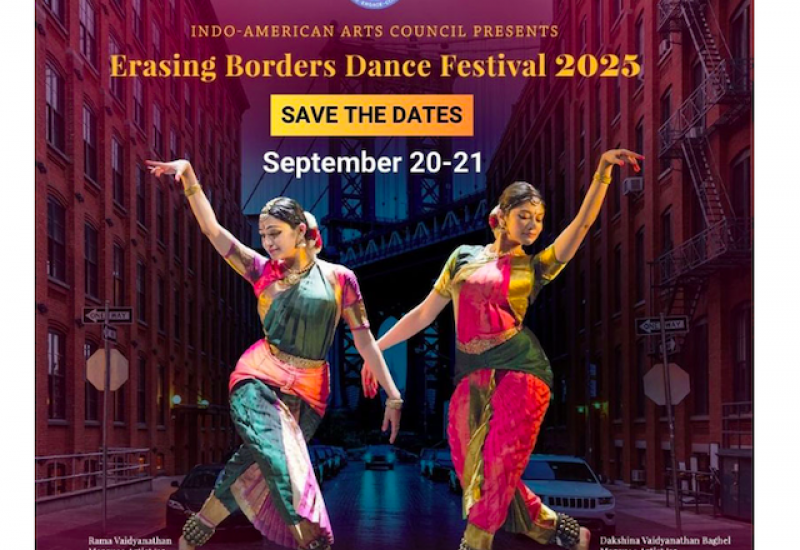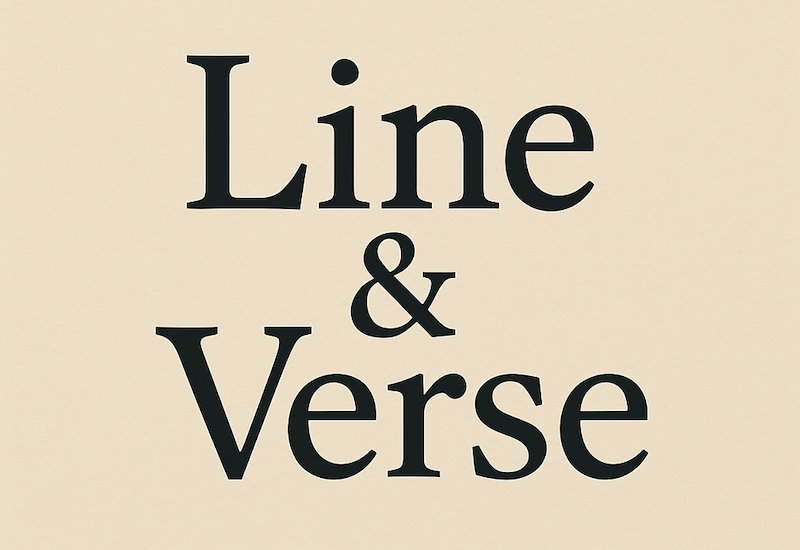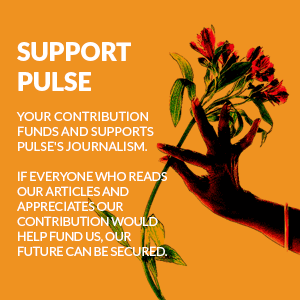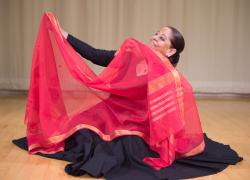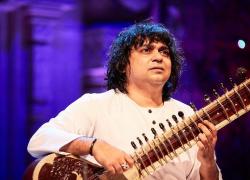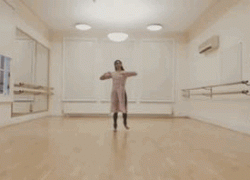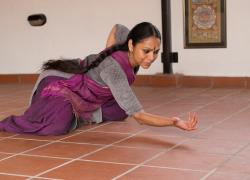Suhaee Abro - one who must dance
At a recent gig in Camden Town presented by Insaan Culture Club, the Pakistani folk singer Arieb Azhar and band had an unusual addition- that of a whirling spirit who danced her heart out. Suhaee Abro is an actress and dancer keeping up her passion for dance and self-expression against hostile forces. She tells Pulse about growing up in Pakistan and pursuing her practice.
What has it been like learning dance in Pakistan?
Learning dance in Pakistan wasn't as tough for me as it could become for many other young children or even adults. My parents were open to the idea. The only issues I faced were: every time I would dress in a shalwar kameez and dupatta for my class and take a notebook along my neighbours would say, ‘Mashallah she's going for her Quran class’ and my mother would say, ‘No, she's going for dance class’. These people would look at us with so much hatred.
Or, if we had to tell the doctors when I had muscle pains, bruises or any minor injuries dancing or doing yoga, that was also difficult. Once a doctor told my mother, ‘How could you let your daughter get into the red light area activities.’ We were both shocked. I was too young to understand the whole concept behind dance in Pakistan but I had to learn very early on in life.
I lost a huge part of my childhood, missing Eid Milan Parties or birthday parties because rehearsals, performances and shoots would take up my time – I started performing at an early age – but I don't regret it. Also, I could only discuss my passion for wanting to learn more and more about dance with my teacher and my family. They would try to provide me with books and videos; later, YouTube helped me gain exposure to the dance scene around the world.
You are an actor too. Why is dance so important to you?
Dance has always been a part of me. The first time I was spotted dancing was by my maternal grandmother and my mother; I was a few months old and in my cot, there was a song playing on the television and apparently I took the help of the wall next to my cot, got myself up and moved my body to the rhythm of the music. I hadn't started walking yet.
As a young child, I wanted to dance, act and sing… However, if I don't dance I'm taken away from my soul. I love movement. Whether it's the leaves moving with the wind or it's imagining how blood rushes through our veins or when our bodies stiffen up when we're afraid… I want to be able to dance for as long as I live.
Please tell us something about your teacher, Sheema Kermani, who is a dancer and activist.
Sheema Kermani and my parents had known each other even before they were married. Sheema jee only took students aged eight but my mother had kept asking her to teach me since I was four. Finally, when I was seven, Sheema jee said yes to having me in class. She changed my life. She was so bold, beautiful, so feminine but so strong. I fell in love with her. Sheema jee taught me with a lot of love and hard work as well. She enabled us to be open and disciplined at the same time.
Her activism wasn't strange to me because my mother had always been a strong activist herself, helping to save people or solve their cases. We often found we had random people being given shelter at our house.
For me, the dance, music and performing arts world was so beguiling. Also, I saw how it was a part of her life, her walk, her way of speaking, listening to people speak, dressing up – I wanted to become like her. I had a difficult relationship with her after twelve years of being continuously with her, performing, learning, touring with her. It's perhaps normal to experience that with a teacher-student relationship, where there's a lot of energy, love and also desire of freedom from the student's point of view. We are now on cordial terms after seven years and I couldn't be happier in life. I always said, all my heartbreaks with men didn't matter to me as much as this heartbreak did. I can never thank her enough for bringing me into this world of dance.
What is it like performing in Pakistan? What are the spaces/platforms for dance?
I would definitely say it has become easier than when Sheema jee or Nahid Siddiqui apa were performing. They had to get Non Objection Certificates whereas now I don't need such permits. I can speak directly to the directors of the space I would like to perform in; we discuss dates, costs etc and go ahead with it. However, earning money from a career in dance isn't too easy unless I'm doing bollywood or things that are commercial and glamorous.
But it is difficult for me to give up on my style. I would like to challenge myself more, learn more, train my body to do different styles, even circus arts, but I need it to be meaningful and from the heart.
We have different spaces or platforms for different forms of dance. For example, performing at big auditoriums like Arts Council Karachi or Alhamra Arts Centre in Lahore, one is allowed to do one’s own thing but keeping in mind the audience coming in is from everywhere and so it's better not to do something too experimental; though I have done many experimental performances at Arts Council Karachi. Other than that, smaller or more intimate spaces like The Second Floor (T2F) in Karachi or Olomopolo Media in Lahore allow me to be myself as the audience coming there is also more accepting and open minded. It's a few platforms and always a struggle but doesn't feel like it as we have become used to fighting and struggling for these things that are a part of our lives now.
Is it possible to make contact with other parts of the subcontinent?
Yes absolutely. I have been to India countless times now for performances; though it depends on when the situation is cordial between the two countries. I also performed and attended a conference in Nepal as well as China. I don't think it's difficult but it isn't easy either. However if one is pushing hard on working in a certain part of the subcontinent, it works. It's about having the right contacts and knowing the right people. Though I must say, my dream was to learn dance in India but somehow it never worked out in my favour. Perhaps because I'm a Muslim Pakistani.
Watch Suhaee in contemporary freeform

